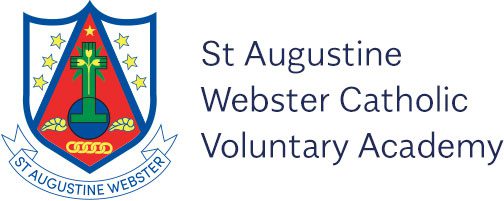Implementation
The music curriculum ensures children sing, listen, play, perform and evaluate. This is embedded in the classroom activities as well as the weekly singing assemblies, various concerts and performances, the opportunity to learn an instrument, and the joining of the school choir. The elements of music are taught in the classroom lessons so that children are able to use some of the language of music to dissect it, and understand how it is made, played, appreciated and analysed. Our music scheme follows a steady progression plan, both within each year and from one year to the next, ensuring consistent musical development. The learning within this Scheme is based on: Listening and Appraising; Musical Activities — creating and exploring; and Singing and Performing.
EYFS – Singing, dancing rhythm and rhyme are integral to child development and is a specific area in the EYFS curriculum. Music in all forms enables children to develop and enjoy all forms of expression. It supports listening and observation skills and allows children to respond and express themselves in an individual and liberating form. Music supports positive attitudes to all forms of learning as it encourages curiosity, enjoyment, exploration and creativity. It provides opportunities to explore an Understanding of the World and different People and Communities. It provides a stimulus for imaginative composition by introducing atmosphere and emotions and also allows for an appreciation of the natural world with the sounds that are made in the everyday e.g. rain beating on the roof.
Music at Key Stage 1 and 2 is taught weekly. This is so the musical elements can be taught and embedded throughout the year. Teaching Music regularly in this way allows the curriculum to be studied in depth; pupils will have time to learn and compose and perform pieces of work developing over the weekly sessions. Pupils also all have access to Yumu which is a safe online space where students can learn, play and develop their musicianship. It’s an area of the Charanga platform dedicated to supporting students’ music-making between lessons.
As music is a practical subject, assessment may be done by focussing on a small group at a time on certain tasks or skills, observing the children, discussing their work or self/group/teacher evaluation against criteria from the National Curriculum programmes of study and end of year expectations. Charanga end of unit progression grids used by the class teacher ensure children are accessing work at age related expectations.





